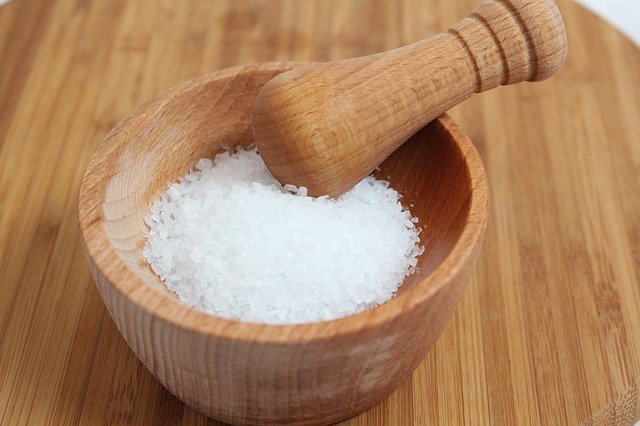
Most people get a blood pressure-lowering benefit from eating less salt and the less you eat, the more you benefit, but a new study found for older people and those who already have high blood pressure, the effect is even greater.
The study also found that if you reduce your salt intake for longer, you’re likely to see a larger fall in your blood pressure.
The research was conducted by a team at the George Institute for Global Health and elsewhere.
High blood pressure is one of the biggest contributors to premature death from stroke or heart disease and too much salt in the diet is one of the major culprits.
At about 9g per day, average salt intake in Australia is almost double WHO recommendations (5g per day). Worldwide, excess salt intake is estimated to cause about three million deaths each year.
While there was consensus among health and scientific organizations about reducing salt intake in the general population, some have proposed that it has little value for those with normal blood pressure.
The current study conducted the most up to date review of studies that examined the effect of reducing salt intake on blood pressure.
The findings showed the benefits of lowering salt intake are seen across the board, but if you’re older and already have high blood pressure—and are therefore at greater risk of associated conditions such as stroke and heart disease—there is an even greater effect on blood pressure from the same amount of salt reduction.
The effects of salt reduction were more evident at higher blood pressure levels, older ages, and among non-white populations, but almost every population group examined achieved a reduction in blood pressure.
More importantly, salt reduction in people with normal blood pressure could potentially prevent or delay the development of high blood pressure with age.
The findings added more weight to the argument for reducing population-wide salt intake as a key public health strategy to lower blood pressure and reduce the risk of strokes and heart disease.
The lead author of the study is Polly Huang, Ph.D. candidate, and data analyst at The George Institute.
The study is published in the British Medical Journal.
Copyright © 2020 Knowridge Science Report. All rights reserved.



